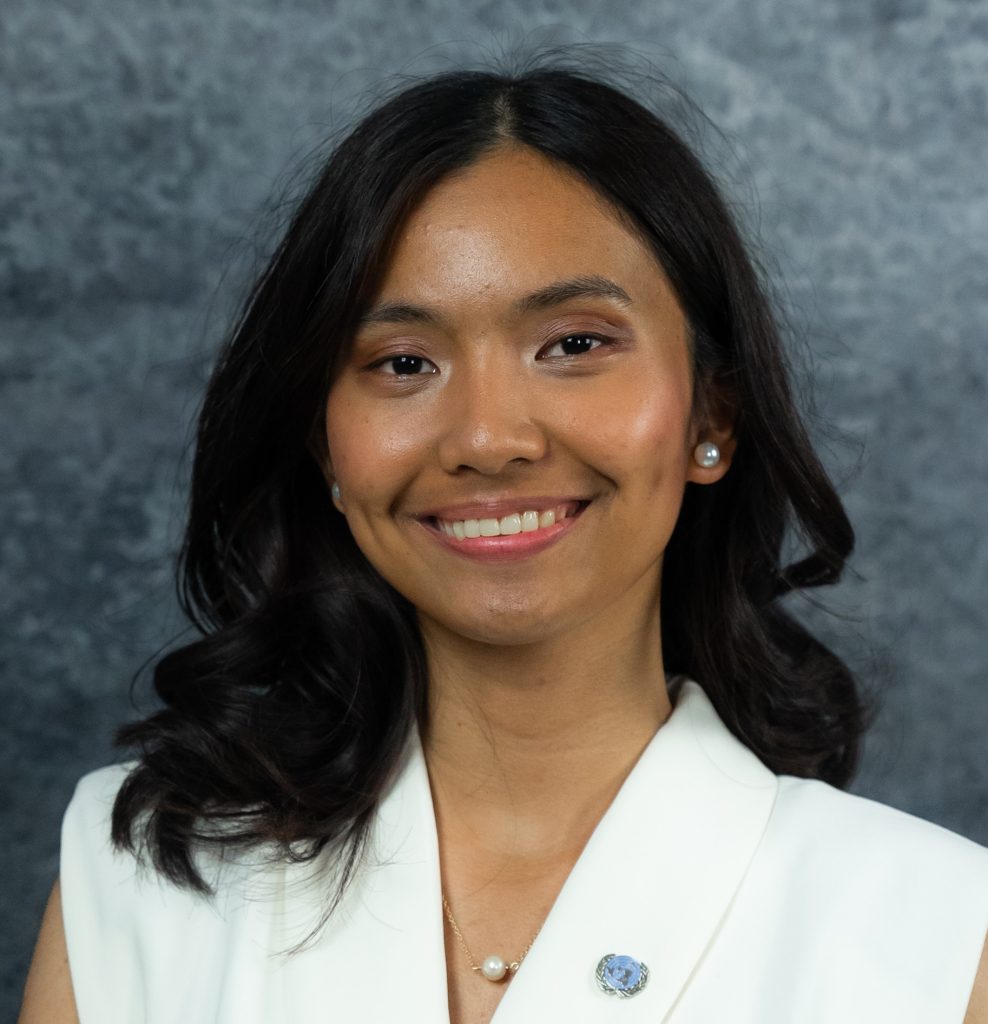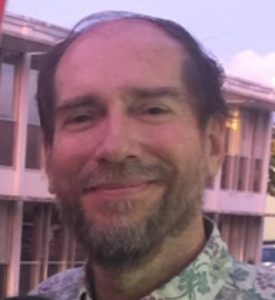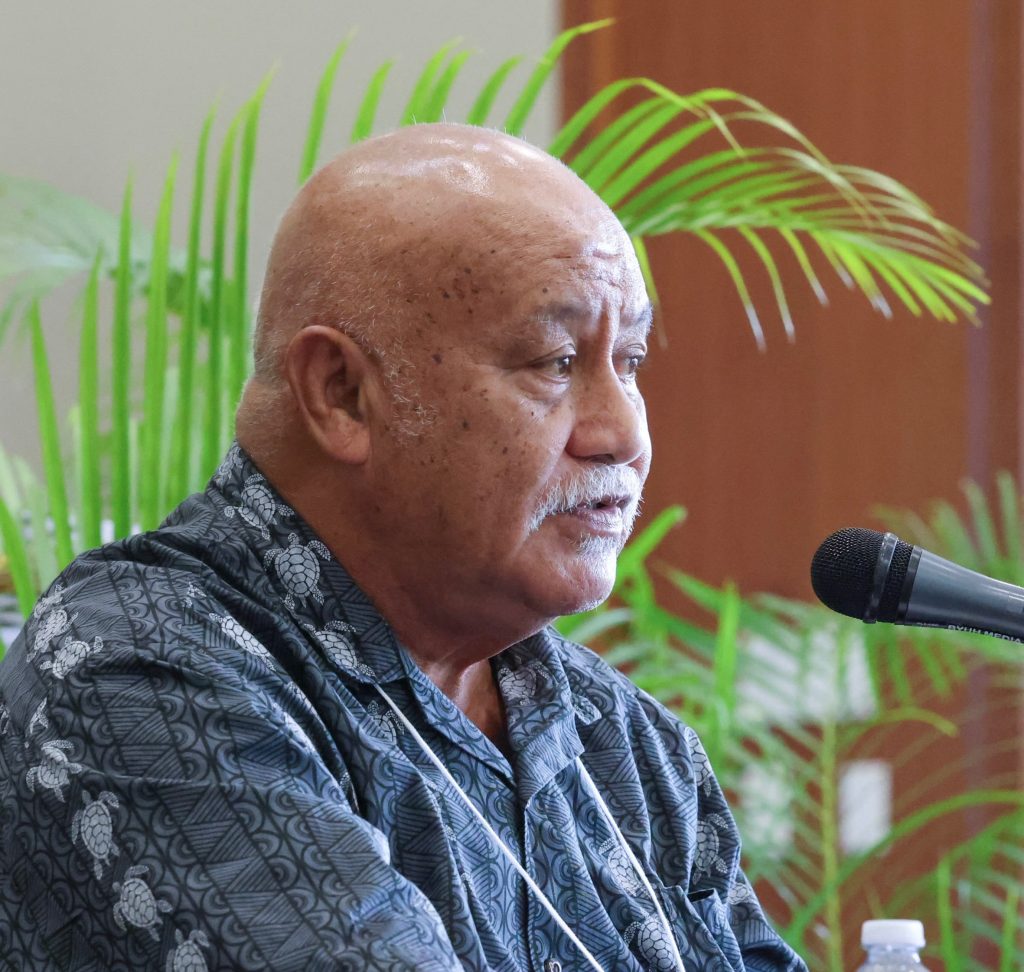A Student’s Reflection: Oceanian Perspectives on Human Dignity Conference

Valerie Joy Canaya Agustin is a student fellow with the Religious Freedom and Human Dignity Initiative at Brigham Young University–Hawaii. The following post comprises her reflections on the 2nd Annual Religious Freedom and Human Dignity Conference, “Oceanian Perspectives on Human Dignity,” held at BYU–Hawaii, in Laie, Oahu, Hawaii, 23–25 April 2024.
In an increasingly complex world with information flowing across boundaries, the Oceanian Perspective on Human Dignity conference presented diverse viewpoints and deep reflection, highlighting the cultural and societal influences shaping our perception of human dignity. Scholars and leaders from the Pacific region offered priceless perspectives, enriching discourse and sparking greater empathy and comprehension.


